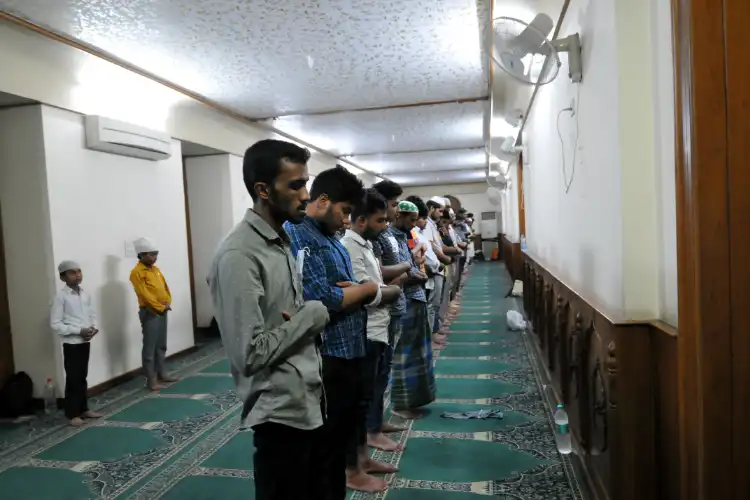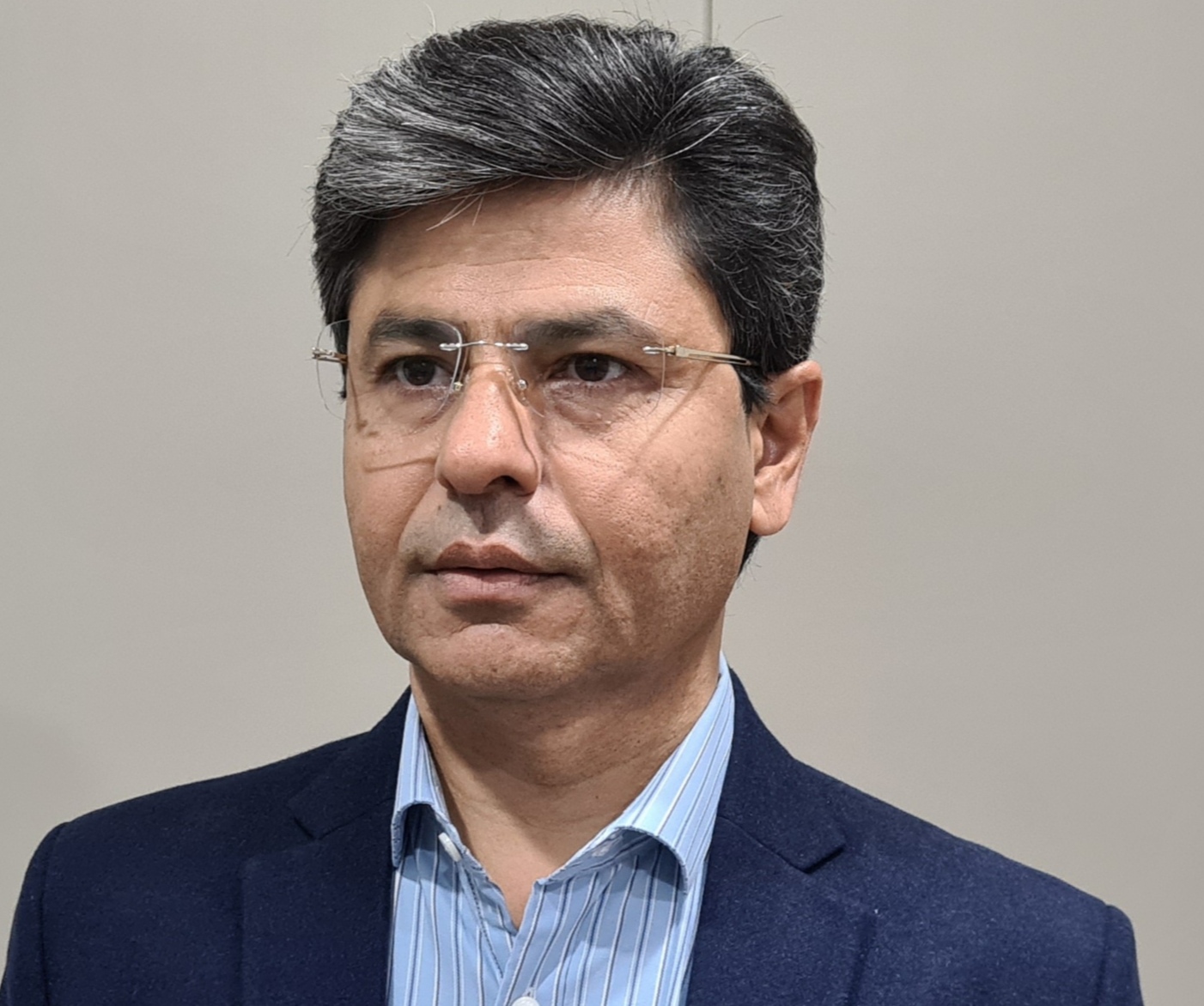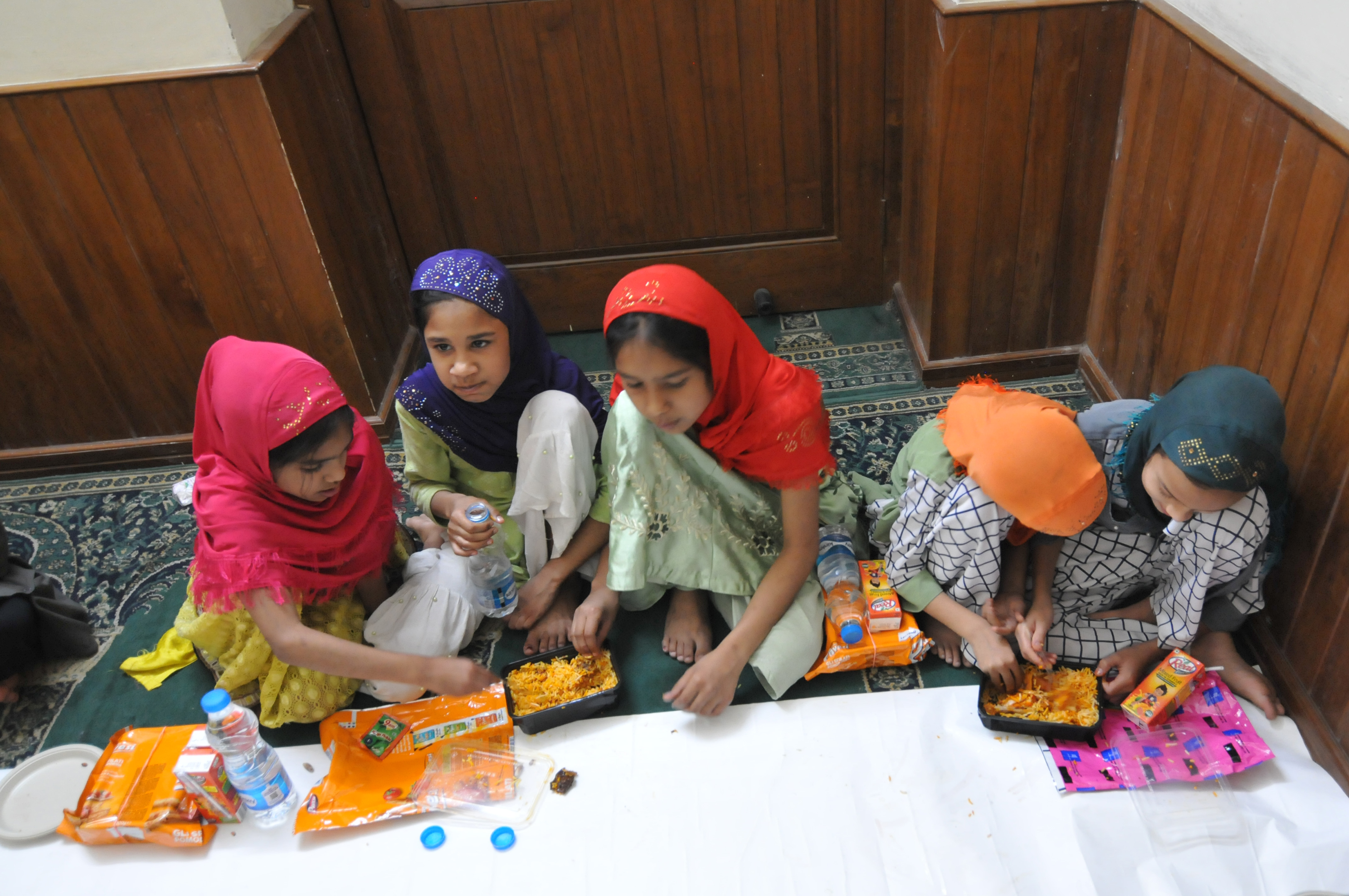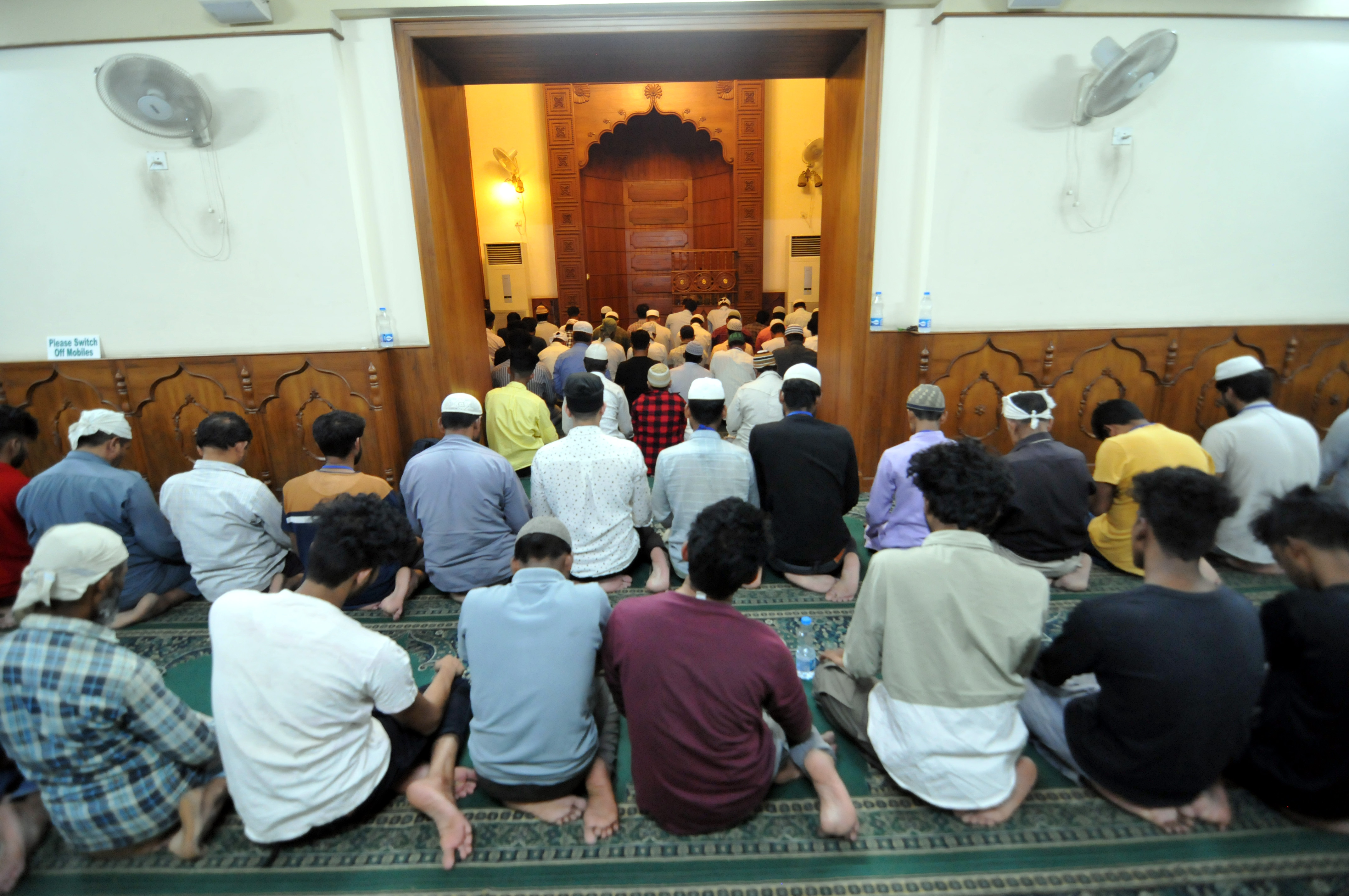Moderate Islam is the key

 Atir Khan
Atir Khan
In the fast-moving world of disruptions, nations and communities are looking inwards at the big picture trying to find space for themselves. Indian Muslims also need to do some introspection for the larger good.
The learnings from the worldwide disruptions last year tell us moderation is the key to human survival. Saudi Arabia, a country where Islam originated has started opening itself up to the unthinkable ideas, which were taboo until a couple of years ago.
Indian Muslims should not be any exception and they must explore ways of moderation with the changing times and practice moderate Islam as a way of life. This does not mean they should compromise with the teaching of the Quran and Hadis. But the right interpretation is what is required today.
Opening of the window of ijtihad – free and independent thinking based on reason - without departing from the Holy Scriptures, but thinking through the implications of scripture creatively need to be encouraged.
Muslim scholars had once allowed that ijtihad might be exercised on the issues not explicitly settled by the Quran and Hadith. But by Eighteenth Century, important scholars closed the option of free-thinking as they believed all the issues had been settled. Ordinary people no longer needed to exercise free and independent thought. We need some rethinking here.
 Young Indian Muslim girls breaking their fast during Ramazan in Delhi (Ravi Batra)
Young Indian Muslim girls breaking their fast during Ramazan in Delhi (Ravi Batra)
There is also a need to apply the mind to certain notions and thoughts, which have firmed up with time. For example, eulogizing Mughal rulers such as Aurangzeb, no matter how devout and honest he may have been. With him, there is a baggage of his excesses inflicted upon his family members and people at large.
There is no need to be defensive about any such Indian historical, who carried out inhuman acts. The community should be cautious in becoming an apologist for them. The reason being several authentic historical accounts undermine the achievements of some historical figures we have made heroes, despite their inhuman acts.
Indian Muslims have always had a distinct identity, which is different from Muslims in the rest of the world. The identity has evolved as a synthesis of rich Indian culture, which needs nurturing.
The world reforms in Muslim society could historically be divided into four categories. One response was that Islam did not need any change but the Muslims did. Innovations, alterations, and accretions had corrupted the faith so that no one was practicing true Islam anymore.
What Muslims needed to do was to shut out Western influence and restore Islam to its pristine, original form. This movement led Abdul Wahhab to the Arabian Peninsula. It later came to be known as Wahhabism and led to extremism in Islam, giving birth to Islamists. Though Indian Muslims shunned the concept of jihad as propagated by Wahhabism.
Another response was to say the West was right, Muslims had been lost in obsolete religious ideas; they had ceded control of Islam to ignorant clerics who were out of touch with changing times; they needed to modernize their faith along Western lines by clearing out superstition, renouncing magical thinking and rethinking Islam as an ethical system compatible with science and secular activities. This movement was led by Sir Syed Ahmad Khan of Aligarh. This was a revolutionary thought which battled the ulemas of the time and became a success story, not just for Indian Muslims but positively influenced the community worldwide.
The third response was to declare Islam the true religion but concede that Muslims had certain things to learn from the West. Muslims needed to rediscover and strengthen the essence of their faith, history, and traditions, but absorb Western learning in the field of science and technology. This school of thought believed that Muslims needed to modernize but could do so in a distinctively Muslim way, science was compatible with the Muslim faith and modernization did not have to mean Westernisation. This movement was inspired by Sayyid Jamaluddin-i-Afghan, whose birthplace was disputed, but largely identified as Afghanistan origin.
The fourth movement was that of the Sufis. The growth of Sufism in early Islam was inspired by external influences as well as internal urges. Sufis were opposed to formal theologians as well as to rationalists. This movement most suited India and it prospered with various silsilas (Sufi sects). Now also much can be learned from the synthesis of the Sufi tradition with India’s rich diversity.
 Indian Muslims praying in a Delhi mosque (Ravi Batra)
Indian Muslims praying in a Delhi mosque (Ravi Batra)
The earliest Sufis aimed at emphasizing the mystic elements in the life and teachings of the Prophet Mohammad. They preferred the alleged mystic or esoteric interpretation of the Quran to the literal and traced their spiritual descent back to Hazrat Ali, the son-in-law, and cousin of the Prophet. Indians had a rich variety of this order.
In the Twentieth Century, a large number of Muslim-dominated countries in the world had been adversely affected by colonialism. So, Muslim’s aversion to Western civilization makes sense.
The association of Indian Muslims with the country is older than British and other colonialism. Over the centuries, however Muslims in India have not been able to do away with the distorted version of Islam. The basic principles of the religion, which made it popular have been diluted.
Indian Muslims should focus on moderate Islam, which encourages peace, education, equality, and hubb-ul-watani (love for homeland).
Britishers sowed the seeds for marginalizing Indian and kept them away from Hindus and other communities. When they left India’spolitical leaders due to their political interests, preferred to maintain the status quo. This did not help the community in evolving with the changing times.
The recent revolution in communication, especially social media exposure to the world has affected Indian Muslims’ minds with ideas not suited to India. And therefore, this exchange has negatively affected the unique identity of moderate Indian Muslims.
Indian Muslims need to revisit their original identity and not the one which is acquired and influenced by the misinterpretation of Islam as being aggressive.
The Caliphs were the original proponents of Islam. Numerous instances show despite their political limitations, they were highly tolerant people.
One such example is Hazrat Umar when during the conquest of Bayt-al-Maqdis he refused to pray inside the church. When he was asked why? He said if he offered the namaz inside the church his followers would also start doing so. And that would be unfair to the Christians. The real proponents of Islam were highly tolerant of other religions, even Jews. This was unlike some of the foreign rulers in India who showed no such moderation and got blinded by their political aspirations. Aurangzeb is one such example. Unfortunately, the ulemas of their time did not have the spine to take any stand against their unfair practices.
Some would say the rise of Hindutva is responsible for the present pathetic situation of Indian Muslims. This is a perception, but the condition of Indian Muslims has not deteriorated in a single decade. For almost seven and a half decades the community failed to improve its condition. That’s why with the changing times Indian Muslims will have to look beyond the victim card and do some introspection to become a prosperous community.
ALSO READ: Youth deserve a chance to celebrate India
In the Indian context, Sir Syed Ahmad’s school of thought as a way forward is the most suited. The inspiration may necessarily not come from the Western world but from within. Sufism as a thought is another bright spot on the horizon.



Comments
Post a Comment
If you have any doubt, let me know